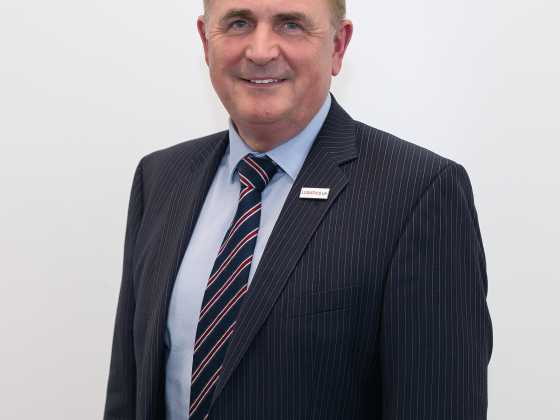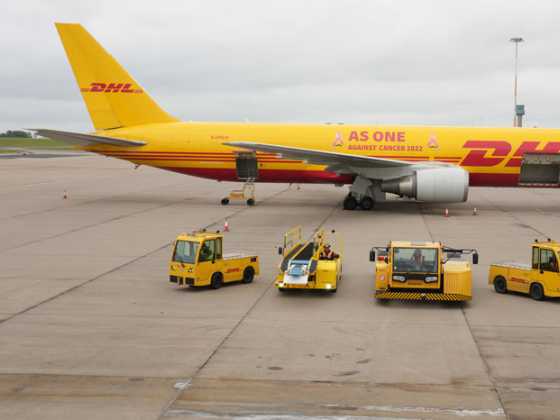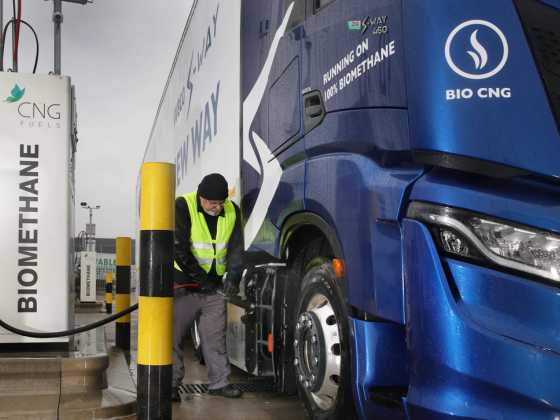Improving air quality across the UK

Local authorities across the UK are being asked to produce plans by the end of the year on how they intend to bring air pollution levels down. GreenFleet’s Andrea Pluck looks at the actions council’s are taking in order to comply with the government’s air quality aims
The government has released its strategy on how to tackle high levels of nitrogen dioxide in the UK, a pollutant that causes harm to public health. The ‘UK Plan for Tackling Roadside Nitrogen Dioxide Concentrations’, produced by Defra and the Department for Transport (DfT) outlines how councils with the worst levels or air pollution must take action.
This is just one part of the government programme to deliver clean air, as next year, a Clean Air Strategy will be released which will address other sources of air pollution.
The government will help towns and cities by providing £255 million to implement plans, in addition to the £2.7 billion that is already being invested.
Actions include changing road layouts to reduce congestion, encouraging the take-up of electric vehicles and retrofitting public transport.
In addition, a £40 million Clean Bus Technology Fund grant scheme is available which aims to limit emissions from up to 2,350 older buses.
Despite the funding available to councils, environmental lawyers ClientEarth, have stated that the government’s air quality plans pass responsibility onto 23 local authorities in England to find a solution to the air pollution crisis, yet offer little detail on how air quality will be improved.
ClientEarth lawyer, Anna Heslop, said that the firm was “extremely disappointed with the plans when they came out” and that the government “pass the buck to local authorities and leave some major questions about process and funding”.
In addition to this, proposals are being made for a mandatory Clean Air Zone (CAZ) in five cities where air quality is the poorest (Birmingham, Derby, Leeds, Nottingham and Southampton). The zones are expected to be implemented by 2020.
GreenFleet looks at the actions that council’s are taking in order to comply with the government’s air quality aims.
LEEDS
Leeds City Council has been implementing many changes to lower levels of pollution.
Since being identified as one of six locations in England that would require a (Clean Air Zone) by 2020, the council has switched 70 of its fleet over to zero or ultra-low emission electric vehicles and have extended its free parking offer to owners of low emission vehicles at all council-run car parks or on‑street parking bays until at least March 2018.
Leeds has also opened the £29m Cycle Superhighway, a cycle route linking Bradford and Leeds, encouraging commuters to cycle rather than drive to work.
In addition to this, the council is currently planning the creation of an alternative fuel station, which would allow them to convert 180 fleet vans to Compressed Natural Gas (CNG), including 70 refuse collection trucks.
Furthermore, Cenex and Leeds City Council have jointly launched project ACCRA, which will explore Smart City technology applications that demonstrate real-time emissions control.
This uses live air quality data to trigger electric hybrid engines to automatically switch to zero‑emission running in heavily polluted areas.
The project will be demonstrated in Leeds and aims to offer cities a way to reduce urban air pollution without additional charges to motorists or businesses.
Plans to improve three key road junctions in the area in order to tackle congestion and improve air quality is soon to be discussed by senior councillors.
The three junctions are all key areas for improving traffic, bus, cycling and pedestrian flow and are also considered important for future housing growth and economic development.
DUNDEE
UK and Scottish air quality legislation place a number of duties on all local authorities.
These include monitoring outside air for various pollutants of concern such as nitrogen dioxide (NO2) and particulate matter (PM10).
The concentrations measured in Dundee means that the whole of the council has been declared an Air Quality Management Area (AQMA) for both NO2 and PM10.
Therefore, Dundee has put in place an Air Quality Action Plan (AQAP) which aims to improve air quality in the areas of concern.
Measures such as exploring the provision of Park and Ride facilities; developing cycling strategies; installing electric charging facilities in car parks; and developing a fleet management plan to improve fuel efficiency are part of the proposals.
In addition to this, Dundee City Council has implemented ECO STARS Dundee. It is a free environmental recognition scheme which rates individual vehicles and overall fleet operations on their levels of environmental performance.
The scheme has been set up to help fleet operators improve efficiency, reduce fuel consumption and emissions in order to improve local air quality while making cost savings.
SOUTHAMPTON
Southampton is one of five UK cities to implement a CAZ by 2020 to discourage most polluting vehicles entering the city through the levying of a penalty charge.
In addition to this, the council has completed a scrutiny inquiry into Air Quality in order to develop understanding of the issues of air quality in the area and identify additional steps which can be taken.
The Clean Air Strategy for Southampton 2016-2025 shows that the council plans to improve transport and freight delivery systems through efficient infrastructure; increase the uptake of new and innovative technologies; and increase the uptake of public transport, cycling and walking.
In addition, the strategy reveals that the council plans to develop a Clean Air Partnership with key stakeholders in the city and region; continue to promote sustainable travel through maintaining the “My Journey” campaign; and implement schemes to support taxi operators, other businesses and public services in reducing the emissions relating to their activities.
Southampton City Council also put out a survey to seek the views of taxi and private hire vehicle operators to find out what funding would be necessary to help replace the most polluting vehicles with low emission alternatives.
BIRMINGHAM
Birmingham is another city that has been instructed to have a Clean Air Zone. Whilst the planning of how the zone will operate is in progress, the council has put in place other measures to improve air quality.
Sixty‑five of Birmingham’s black cabs have been fitted with LPG and are Euro 6 compliant, meaning they will be able to enter the Clean Air Zone without being charged. The council has recently won funding from the Office for Low Emission Vehicles (OLEV) to introduce 197 electric taxi charging points, all of which will offer fast or rapid charging facilities for cabs and private hire vehicles.
Birmingham also aims to make cycling an everyday way to travel in Birmingham over the next 20 years. We want five per cent of all trips in the city to be made by bike by 2023 and to double this again to ten per cent by 2033.






